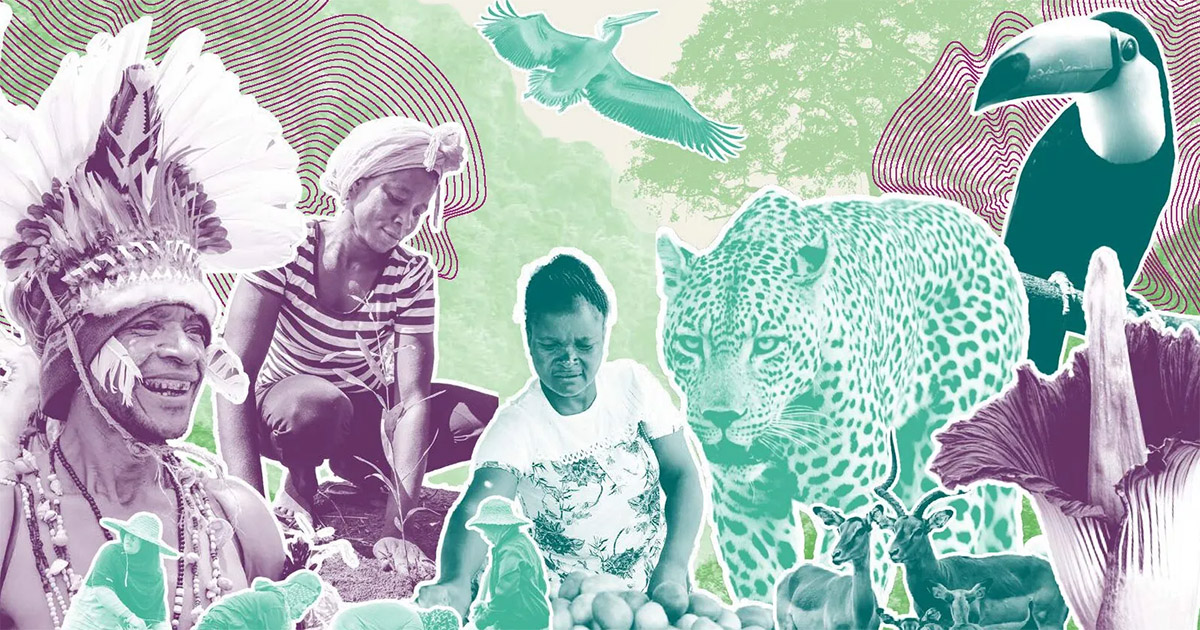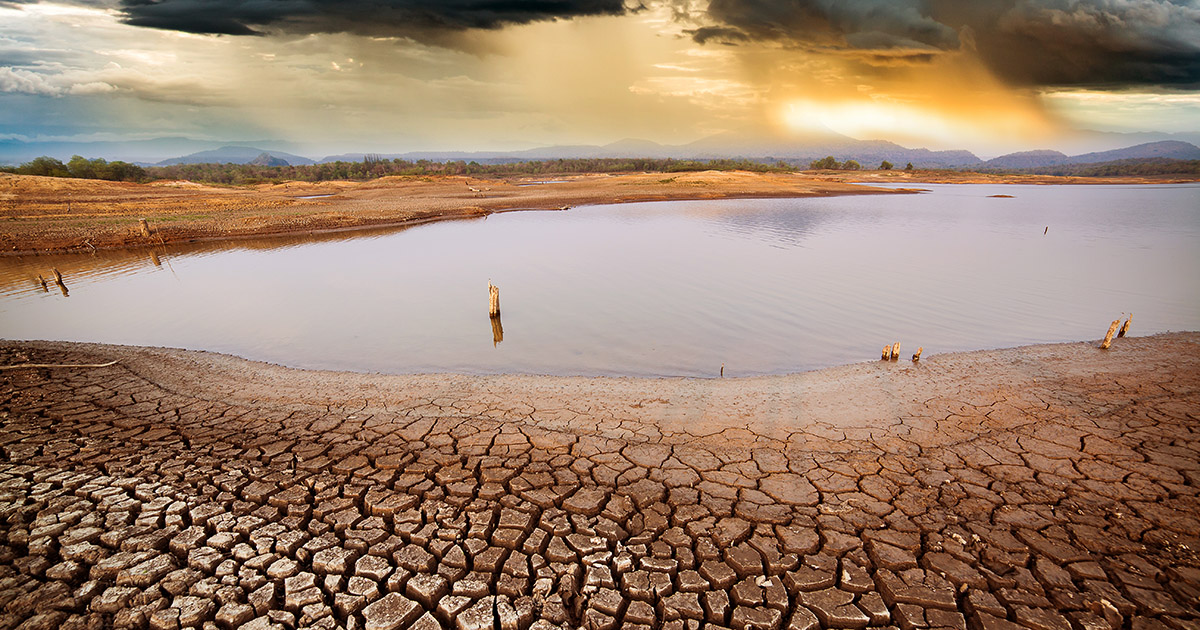Agroforestry and planting trees on farmers’ fields have been reported as important elements in a strategy to meet the millennium development goals of poverty reduction and climate change improvement. However, their uptake seems to be constrained by factors both internal and external to the household and related to the policy and legislative environment. This paper examines the impact of these factors on farmers’ decisions to plant trees. Cameroon is used as a case to analyse whether existing policies and legislation governing trees support or discourage tree planting, using qualitative content analyses. Although their mission papers and statements suggest most national government policies in Cameroon address tree planting and agroforestry, actual legislation designed to follow up the policies mostly contradicts the poverty reduction goals. Often legislation and regulations are more conservation-oriented and do not provide a clear procedure to distinguish between products from trees found in the wild and those gathered from farmers’ fields.
DOI:
https://doi.org/10.1007/s11842-012-9225-z
Dimensiones Recuento de citas:



















